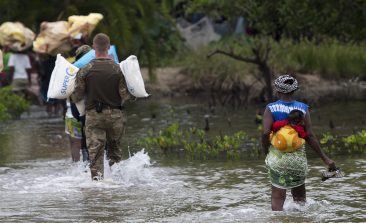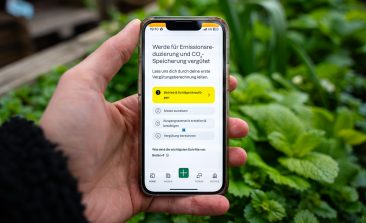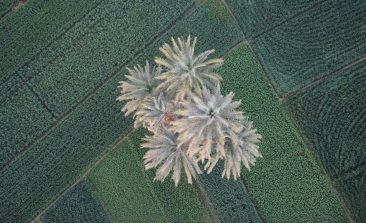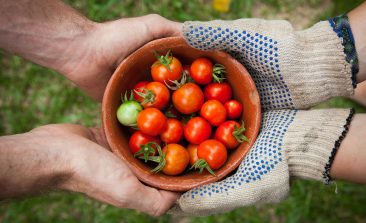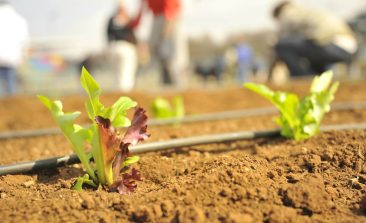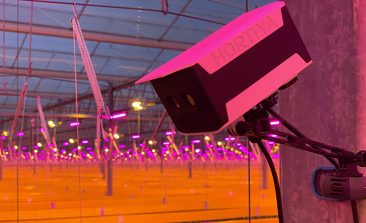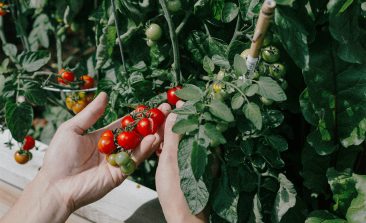New Tracking Technology Hopes to Restore Trust in Last Mile Aid Delivery
Violence, corruption and infrastructure inefficiencies mean that humanitarian aid delivery is often hindered. Track & Trust hopes to help it along the last mile to those in need.
The Klim Mobile App: Making Regenerative Agriculture Simple and Lucrative
In the Klim app, farms can record their regenerative agricultural measures. In return, they get knowledge, a community and funds to support their work.
Data Instead of Guesswork: The Great Potential of Agricultural Monitoring
Using digital methods, researchers from Egypt have succeeded in calculating the soil quality of huge areas with 32 random samples. The project shows how important monitoring is for agriculture.
Fresher and More Sustainable: 4 Tips on How to Shorten Your Shopping Supply Chains
Short supply chains are more sustainable and lead to fresher food! RESET presents 6 digital solutions for shorter supply chains.
“Agriculture Can Do So Much More Than Produce Food”: We Interview Sonoko Bellingrath-Kimura
Agriculture primarily produces food, but can also help to protect the climate. We spoke to Prof. Dr Sonoko Bellingrath-Kimura about how digitalisation can assist.
AI Startup Hortiya Learns the Language of Plants to Make Agriculture More Sustainable
AI start-up Hortiya wants to make agriculture more efficient and resistant to climate change by listening to plants.
Can Sensors, Cameras and “Big Data” on the High Seas Make Fishing More Sustainable?
Modern sensors and data processing can make fishing more sustainable. However, new technologies such as SUSTUNTECH run the risk of having the opposite effect.
The Rise of Precision Agricultural Robots Paving the Way for Delicate Crop Handling
Modern agricultural robots pick even delicate fruits such as strawberries or tomatoes. They are could be set to solve several big problems in agriculture.
Open Source Against the Big Players: How OpenOlitor Is Helping Agriculture
OpenOlitor is a management tool for community-supported agriculture that works completely free of charge thanks to open source. At the same time, it is particularly flexible, easy to use and puts a stop to large corporations.
